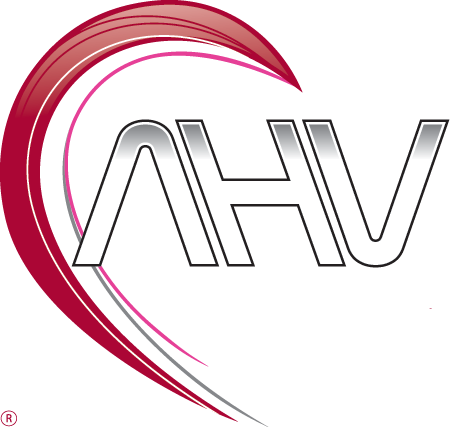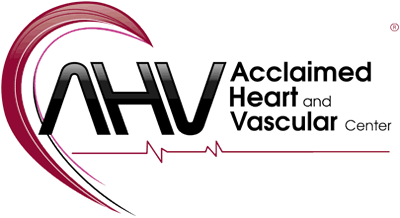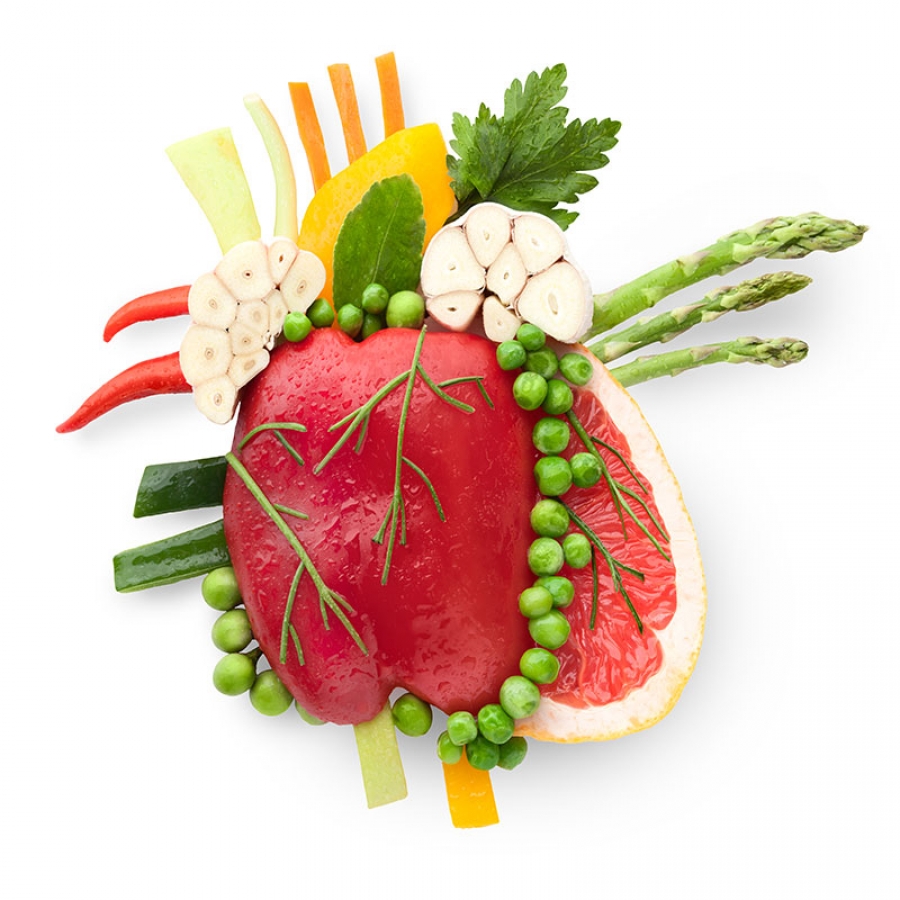- Lower blood pressure: A diet high in fruits, vegetables and fat-free or low-fat dairy foods can help cut systolic blood pressure by more than 10 points in people with high blood pressure.
- Lower cholesterol: If you drop your LDL (bad cholesterol), the chance you’ll get heart disease will also go down.
- Regulated heartbeat: Potassium enables your heart to beat in a healthy way. So, if you have rhythm problems, potassium may help.
The U.S. Department of Agriculture recommends 4,700 milligrams per day for healthy people. It is possible to have too much potassium, which can also damage your heart. Consult your doctor on the right amount of potassium for you and your heart.
Low potassium levels can cause muscle weakness and heart rhythm disturbances. On the other hand, too much potassium can cause dangerous heartbeat irregularities and even sudden death. If you have heart failure, you need to pay close attention to how much potassium you get each day.
If you have too much potassium
If your potassium level is too high, you may need to cut back on certain foods These suggestions can also help:
- Soak or boil vegetables and fruits to release some of the potassium.
- Avoid foods that list potassium or K, KCl, or K+ — chemical symbols for potassium or related compounds — as ingredients on the label.
- Stay away from salt substitutes. Many are high in potassium. Read the ingredient lists carefully and check with your doctor before using one of these preparations.
- Avoid canned, salted, pickled, corned, spiced, or smoked meat and fish.
- Avoid imitation meat products containing soy or vegetable protein.
- Limit high-potassium fruits such as bananas, citrus fruits, and avocados.
- Avoid baked potatoes and baked acorn and butternut squash.
- Don't use vegetables or meats prepared with sweet or salted sauces.
- Avoid all types of peas and beans, which are naturally high in potassium.
If you don’t have enough potassium
The best way to get enough potassium is to eat fruits and vegetables. It's also in dairy products, whole grains, meat, and fish.
Other great sources include:
- Potatoes (sweet or white)
- Tomatoes or tomato sauce
- Avocados
- Fresh fruits (bananas, oranges, and strawberries)
- Orange juice
- Dried fruits (raisins, apricots, prunes, and dates)
- Spinach
- Beans and peas
- Beets
- Bananas
- Bran
- Wheat germ
- Peanut Butter
- Salmon
- Seaweed
- Edamame
- Squash
- Yogurt

Acclaimed Heart and Vascular Center
We deliver excellent care with compassion after discussing your health and treatment plan with simplicity.
1American Heart Association, How Potassium Can Help Control High Blood Pressure
DISCLAIMER: THIS WEBSITE DOES NOT PROVIDE MEDICAL ADVICE
The information, including but not limited to, text, graphics, images and other material contained on this website are for informational purposes only. The purpose of this website is to promote broad consumer understanding and knowledge of various health topics. It is not intended to be a substitute for professional medical advice, diagnosis or treatment. Always seek the advice of your physician or other qualified health care provider with any questions you may have regarding a medical condition or treatment and before undertaking a new health care regimen, and never disregard professional medical advice or delay in seeking it because of something you have read on this website.

